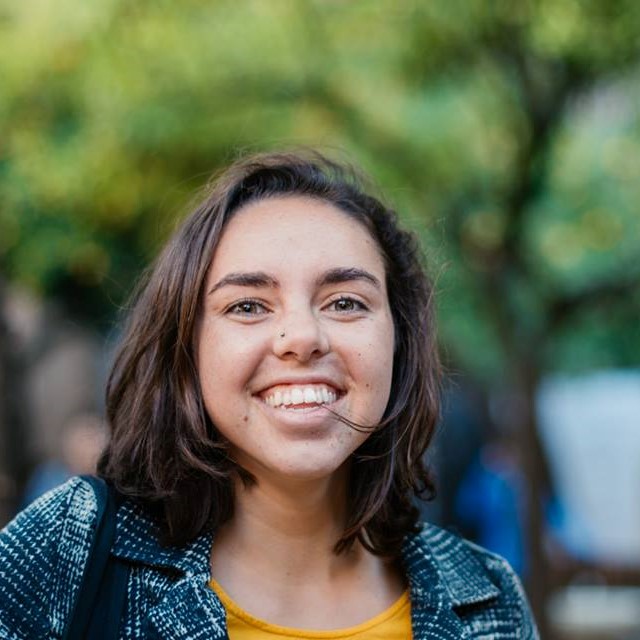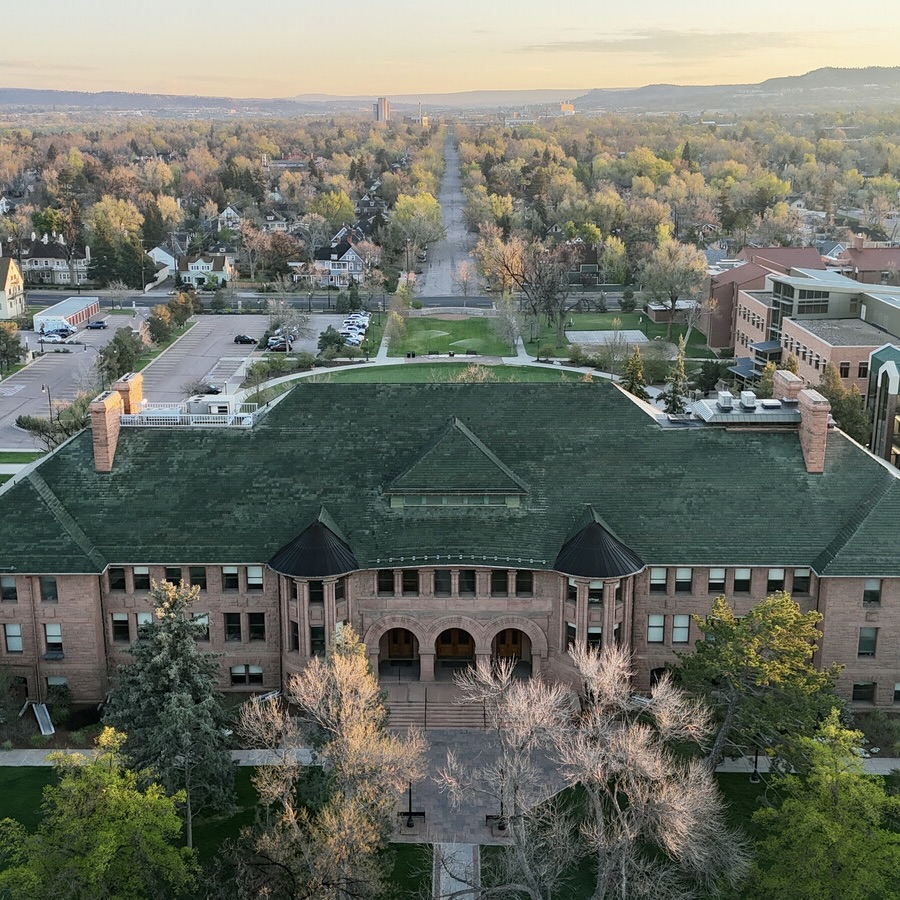Natalie Gubbay '20, a mathematical economics major at Colorado College, has received a Fulbright research award in economics.
Gubbay, of Wellesley, Massachusetts, will undertake a year-long project in Buenos Aires, Argentina, where she will study "las empresas recuperadas" (recovered factories), which are factories that are worker-owned and cooperatively managed. She will examine how these factories have responded to a series of economic downturns, consider the long-run feasibility of worker management, and explore what it looks like to navigate a recession while prioritizing the interests of workers and their communities.
"By looking at how the recovered factories successfully respond to economic volatility, I hope to explore ways in which policies might encourage investor-owned businesses to act similarly," she says. "I'll also get a better understanding of the unique challenges collective businesses face in economic downswings. I'm hoping to eventually explore these questions further as a graduate student."
Gubbay is interested in researching and designing policies that reduce economic inequities.
"The recovered factories tend to argue that directly bolstering workers' bargaining power is an effective way to do that," she says. "Actually, the formation of worker cooperatives has been counter-cyclical - they arise in the wake of economic crisis, when workers' livelihoods are most vulnerable. In Argentina's case, members of the empresas recuperadas literally occupied their workplaces and refused to stop producing, even when factory owners announced bankruptcy. This was almost a decade before Occupy Wall Street; the language of occupation has long been a part of movements for worker ownership. And it's the perfect symbolism - what better way to reduce labor exploitation than by the employees becoming the employers, too?" asks Gubbay.
Gubbay was a research fellow with the Colorado College State of the Rockies Project this past year, studying community-level drought adaptation in Colorado's farming-dependent counties. "Through this research I've become increasingly interested in community resilience, which is something that the empesas recuperadas have explicitly sought to foster," she says.
She also worked on several cooperatively run farms in high school and college, which served as inspiration for her Fulbright project.
While at CC, Gubbay received a Keller Venture Grant, which funded a bike touring/storytelling trip across the western U.S. during the summer after her sophomore year. The trip involved biking from Wyoming to Oregon and then down the California coast, learning about the challenges facing those in national forest management as modern transportation reshapes our relationship with public land. She studied abroad in Granada, Spain, in her junior year, which she credits with bringing her Spanish language skills to the level needed for the upcoming Fulbright project.
"I am so excited and humbled that, through the Fulbright grant, I'll have the chance to learn directly from these businesses which help us imagine what it looks like to center workers' interests through recession," she says.






